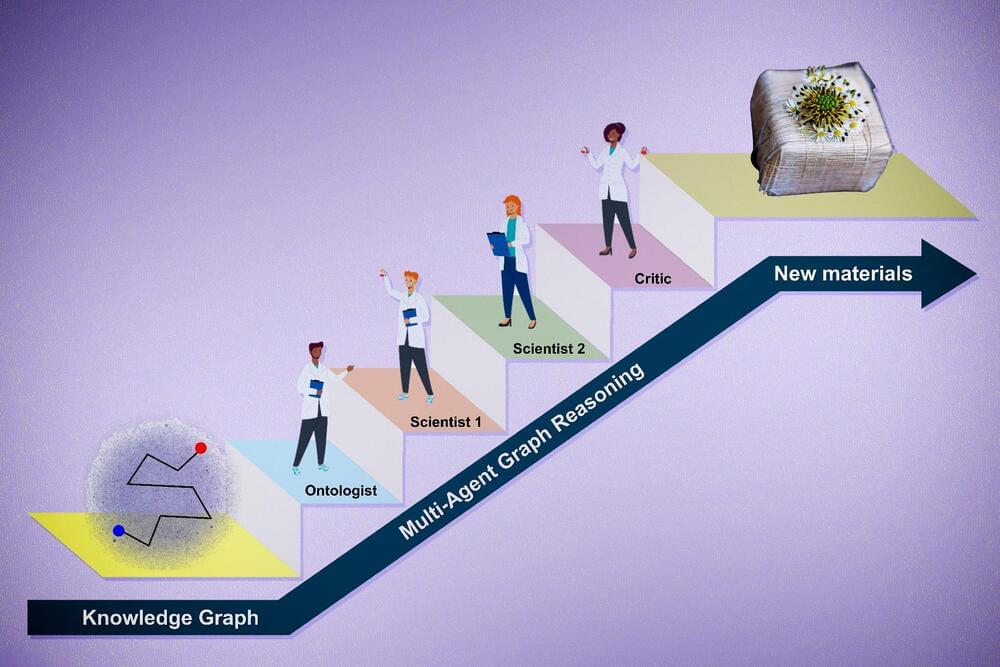This timelapse of future technology, the 3rd year of the video series, goes on a journey exploring the human mind becoming digital. Brain chips turn memories and thoughts into data; could this data be sent out into space to live in the cosmos encoded into the magnetic fields between stars.
Other topics covered in this sci-fi documentary video include: bio-printing, asteroid habitats, terraforming Mars, the future of Teslabots, lucid dreaming, and the future of artificial intelligence and brain to computer interfaces (BCI — brain chips).
PATREON
The first and second volumes of ‘The Encyclopedia of the Future’ are now available on my Patreon.
Visit my Patreon here: / venturecity.
Created by: Jacob B
Narration by: Alexander Masters.
Addition footage: NASA’s Goddard Space Flight Center/CI Lab.





